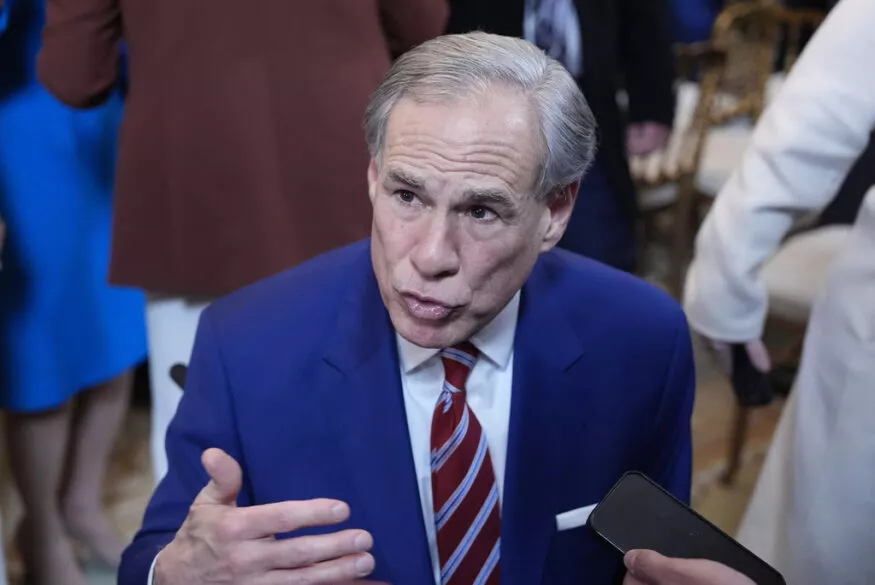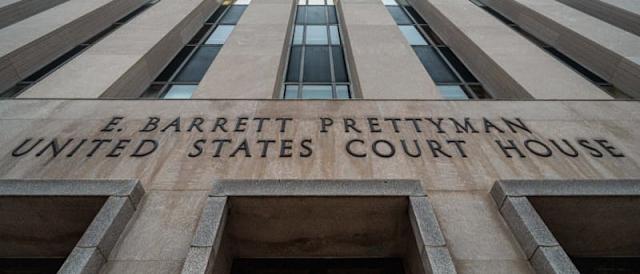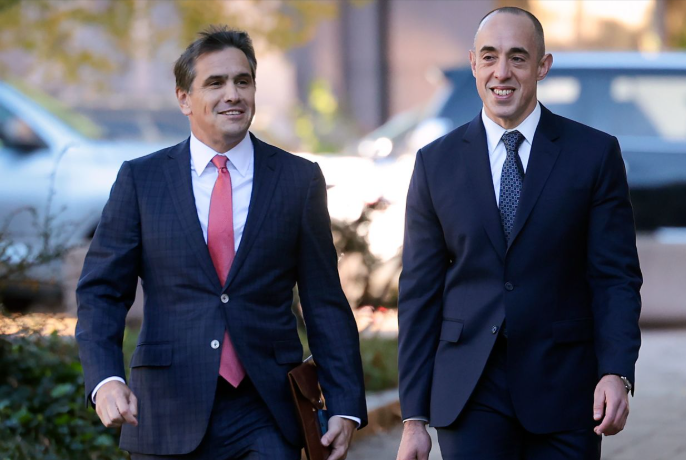Abbott Signs Record $1B School Choice Bill, Reshaping Texas Education
Governor Greg Abbott delivered on a long-promised education reform agenda by signing a sweeping $1 billion school choice bill into law on Wednesday. The legislation marks a historic win for conservative education advocates, offering parents across Texas new opportunities to choose where and how their children are educated—without being forced into the traditional public school system.
The landmark measure establishes a state-funded Education Savings Account (ESA) program that will provide families with up to $8,000 per student annually to spend on private school tuition, homeschooling materials, or other qualified educational expenses. The bill is seen as a major triumph for the parental rights movement and a bold challenge to entrenched public school bureaucracies.
“For many Texas families, this is a new day,” Abbott said during the bill’s signing ceremony. “This law ensures that parents, not government systems, have the ultimate authority in their children’s education.”
The bill passed both chambers of the Republican-controlled Texas Legislature after months of negotiations, overcoming significant resistance from public education unions and Democrat-aligned lawmakers. Despite coordinated opposition efforts, Abbott maintained pressure throughout the legislative session, tying his political legacy to the expansion of school choice.
According to the Texas Tribune, the ESA program will initially apply to around 60,000 Texas students. Priority will be given to low-income families, students with disabilities, and those who are currently enrolled in underperforming schools. The bill also includes $500 million in additional public school funding—a political compromise aimed at neutralizing criticism from rural lawmakers who had expressed concern about potential funding losses to their local districts.
Still, the opposition from education unions was fierce. The Texas State Teachers Association decried the bill as “a scheme to divert taxpayer dollars to unregulated private schools.” But critics failed to slow the momentum of a growing parental movement that demands alternatives to public education systems many view as bloated, unaccountable, and ideologically biased.
As reported by the San Antonio Express-News, Abbott framed the legislation as a necessary step to keep Texas competitive and to empower parents to escape failing institutions. “The status quo is unacceptable,” Abbott said. “Texans demand better results, and they deserve more options.”
Supporters of the measure celebrated the bill’s passage as a long-overdue victory. Conservative leaders argue the legislation is a direct rebuke to the progressive education establishment that has dominated public schools for decades. For many, the $1 billion package is a concrete step toward educational freedom and accountability.
“This bill is about giving every parent the right to decide what’s best for their child,” said State Rep. Brad Buckley, who carried the legislation in the House. “It’s about funding students, not systems.”
Republican voters have consistently backed school choice initiatives, particularly in the wake of COVID-era shutdowns and increasingly politicized curricula in public schools. The move aligns Texas more closely with other GOP-led states that have expanded voucher programs, including Florida and Arizona.
The law’s opponents claim the ESA program will siphon off funding from already strained public schools. But Abbott and GOP lawmakers countered that the additional public school funding included in the bill represents a good-faith effort to ensure all students benefit, regardless of whether they leave the public system.
The debate around the bill also underscored deeper philosophical divides. Progressive legislators focused on defending the public school model, while conservatives emphasized liberty, family authority, and the right to opt out of government-assigned education.
Conservative Texans welcomed the shift, noting that public school systems have increasingly become laboratories for leftist ideologies. “This law stops forcing families to fund their own ideological opposition,” one parent advocate told the press, echoing growing frustration with how public schools handle topics like gender identity, critical race theory, and secularism.
While Abbott’s win was decisive, he made clear that this is just the beginning. “We will continue to build on this,” the governor said. “Texas must lead the nation in education innovation.”
The law’s phased implementation will begin in the 2025–2026 school year. Parents interested in applying for ESA funds can begin the process through a new state-run portal later this year.
The bill’s passage could have broader national implications as well. With the 2026 midterms on the horizon, Republican leaders are likely to tout school choice wins as proof of their commitment to family-centered policy. Meanwhile, Texas has sent a message to the nation: school choice is no longer a fringe issue—it is a cornerstone of conservative governance.
For many Texas families, the law represents more than a policy shift—it’s a cultural and moral victory against what they view as an out-of-touch public education system that no longer reflects their values. The $1 billion investment is not just about dollars; it’s about restoring authority to parents and faith in the future of Texas children.





